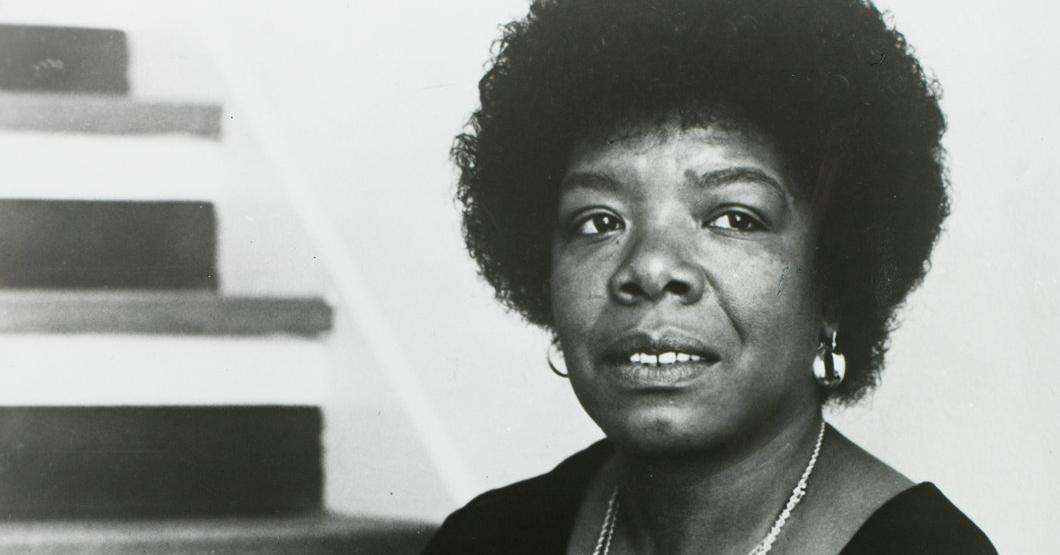“Moral justification is a powerful disengagement mechanism. Destructive conduct is made personally and socially acceptable by portraying it in the service of moral ends. This is why most appeals against violent means usually fall on deaf ears.” Albert Bandura
“The one who cannot restrain their anger will wish undone, what their temper and irritation prompted them to do.” Horace
Since I am neither Jewish not Palestinian, I can’t represent either point of view on the crisis in the Middle East. As a Vietnam Vet, father of a Jewish daughter and grand-father of two Jewish kids, however, I can say unequivocally that I am intimately affected by the Israel-Hamas War. As such, my personal belief is that Israel is justified in destroying Hamas capabilities in response to the massacre of innocent people, the beheading of children, the rape of women, the brutal taking of hostages and the barbaric atrocities Hamas terrorists committed. That level of cruelty and evil cannot go unpunished. I also believe, however, that both sides need to exercise restraint in the expression of their rage, revenge, and retaliation in the continuing conflict and that we all distinguish between the Palestinian people and Hamas terrorists.
Having said all that, this post is not about the Israel-Hamas war – there are far better pundits than me to expound on all the issues and causes of this conflict. This post is about how self-justifying and lack of restraint are the root causes of most chronic conflicts that don’t end well. The two world wars currently underway simply underscore that point.
In Psychological Commentaries on the Teaching of Gurdjieff and Ouspensky, Volume 3, Maurice Nicoll expounds on the nature of self-justification: (Yup, I’ve read all six volumes)
“One of the many definite things we are told by this Work to observe in ourselves, and specifically to work against, is self-justifying. What does self-justifying mean? It means always putting yourself in the right. To justify one’s action, for example, is to vindicate oneself, to show to others that whatever one did, it was reasonable, right, proper and just. When you justify yourself, you start from the picture of yourself as always good, honorable, just, upright. To justify oneself is to exonerate oneself, to explain to people how one was not to blame, how one was misunderstood, how one acted from the best motives, and so on. If you have begun to observe self-justifying, you will realize what a prodigious quantity of psychic energy is used every moment by the human race in this useless activity. The man or woman can never be wrong. People feel themselves always right, whatever they do or say. Nothing penetrates them. Nothing can rouse them from the deep sleep in which they prefer to exist. This becomes a serious matter, however, if a person wishes to awaken.”
Think of the last time someone asked you why you were being so negative. If you are like me, you probably either indignantly denied it or protested that you had good reasons for being negative. In either case, you were justifying your emotions. Justification manifests itself in denial, excuse-making, blaming, or simply believing you are always right. These are all powerful ways of maintaining the illusions we have about ourselves. As a consequence, we are never at peace with ourselves and often at war with others. The truth, however, in most cases, is that we often know when we are wrong, but refuse to admit it because we have too much pride or ego. When we become more conscious of our tendencies for self-justification, tension subsides – inner strain and tightness vanishes.
When we are able to swallow our pride and bury our ego, we become more authentic and accepting. When we continually justify ourselves, we exist in a state of unconsciousness. We become more and more defensive, reactive, and blind to our true selves. By acknowledging our inclinations to self-justify, we deepen our consciousness and reach a higher level of being in which internal and external conflicts can be addressed with restraint.
In and of itself, conflict is not a bad thing. In fact, healthy conflict can lead to more productive outcomes. Healthy conflict management is meant to bring people together, not divide them. It engenders a more attentive and responsive form of working towards one another. When rage enters the equation, though, anything can happen. It’s hard to connect with whatever compassion we may have in our hearts when we are bitter, angry, enraged, and full of hate. Clearly, compassion can be sorely tested, and it becomes extremely difficult to exercise restraint in order to avoid lashing out at people who have been evil, nasty, cruel, or brutal.
Gurdjieff recognized the malaise of the people being one person one day and another the next. His psychology aimed for the integration of many selves into one – the harmonious development of humankind. He defined a remarkable person as one who could escape the pressures of automatic reaction and cultural conditioning by exercising restraint and respect in all interactions – no matter how fraught. Leading an authentic and full life required a unity of self and purpose.
When I experience dark times like the ones we are living in now, I always go back to Gurdjieff for words of wisdom. So in the early days of the Israeli-Hamas war, I turned to the book I keep on my nightstand – All and Everything – Gurdjieff’s classic, 1,300 page tome of tales. This book has always been a reliable source of wisdom for me. When I started reading at random this time, I came across the notions of justification and restraint. What struck me was that we often engage in too much self-justification and too little restraint. When we fall into that all too common trap, we don’t engage constructively in conflict.
Albert Bandura, the fourth most-frequently cited psychologist of all time (behind Skinner, Freud, and Piaget) is known as the originator of social learning theory and the theoretical construct of self-efficacy. In his quote at the beginning of this post, he suggests that moral justification leads to destructive conduct and builds barriers to appeals against violence. In conflicts throughout the world today, we are witnessing an abundance of destructive conduct and a scarcity of appeals for peace. Clearly, the world is in desperate need of improving its social learning skills. I wish Bandura were still with us to offer his perspective.
Horace, the leading Roman poet during the time of Augustus, was a major voice in Rome’s momentous change from a republic to an empire. He said, “The one who cannot restrain their anger will wish undone, what their temper and irritation prompted them to do.” Perhaps we need more poets these days to artfully remind us that unrestrained anger may create a result that we wish we could undue. And we could surely benefit from less empire building. Some things just don’t seem to change.
In short, we need less justification and more restraint. We also need more poets and fewer panderers, plunderers and pundits. And, yes, more acceptance and less anger as well. The world is suffering from too many conflicts. Communities are suffering from too much hate. Individuals are suffering from too many personal crises. God and prayers will not solve the chronic conflicts expressing themselves in ever-increasing rage and violence. Only an honest evaluation of our history, roles and values will lead to peace.
There is little any of us can do as individuals about wars, pandemics, extremism, and climate change. What we can do, however, is take a hard look at ourselves and acknowledge when we are over-justifying, over-reacting, and under-restraining. And we can do the work to become more conscious, authentic and accepting. May it be so.
Also published on Medium.



Well done lad! Thank you!